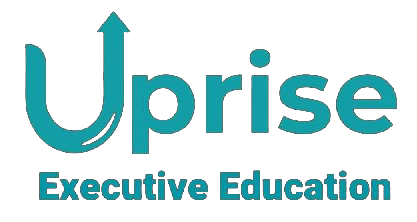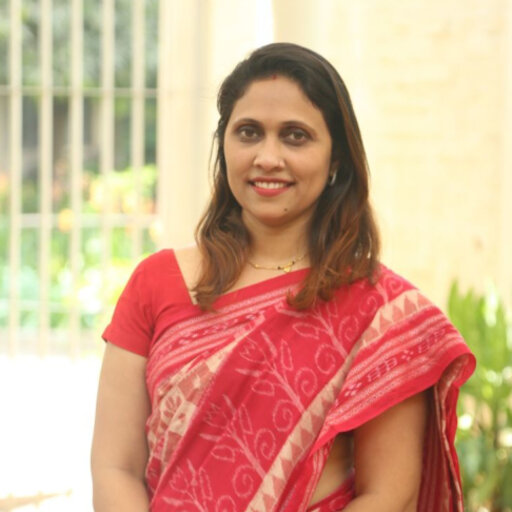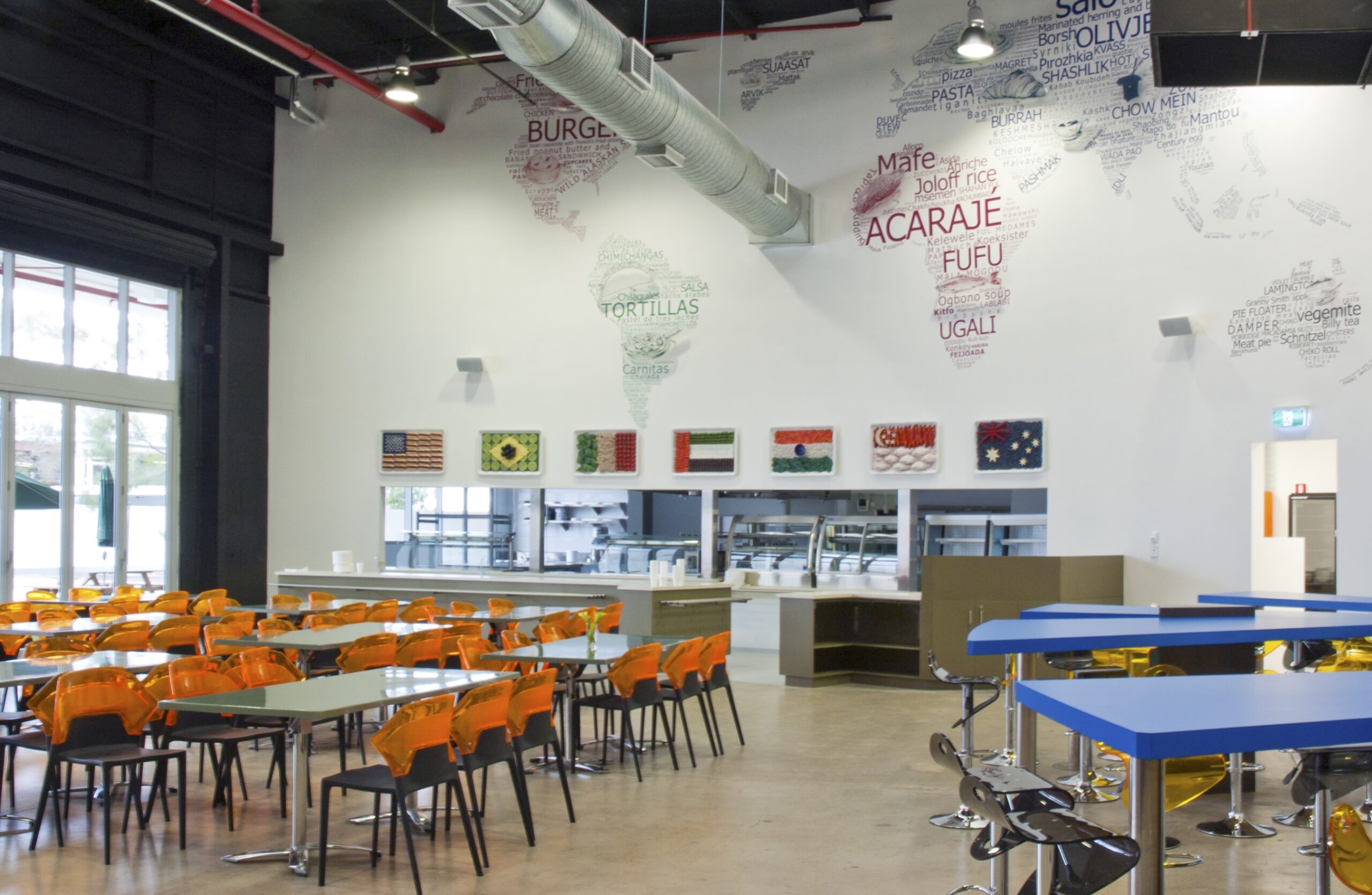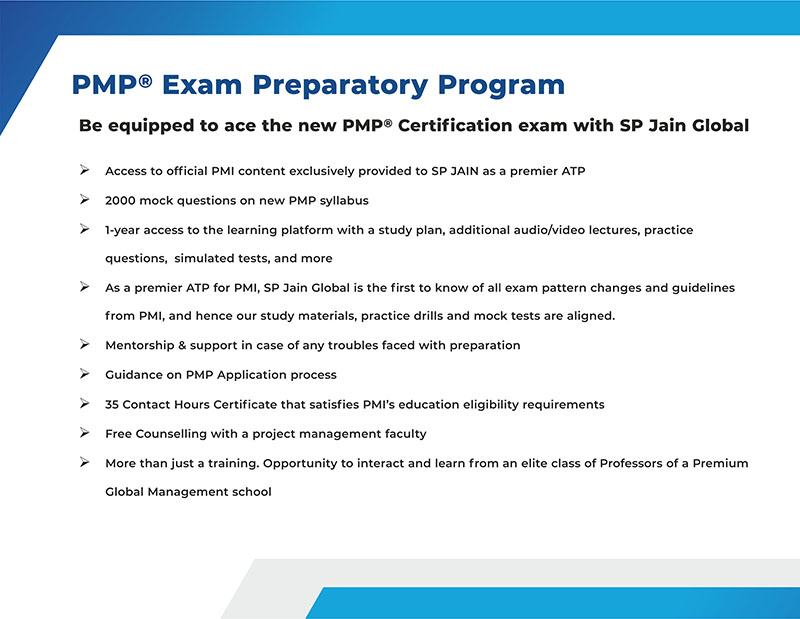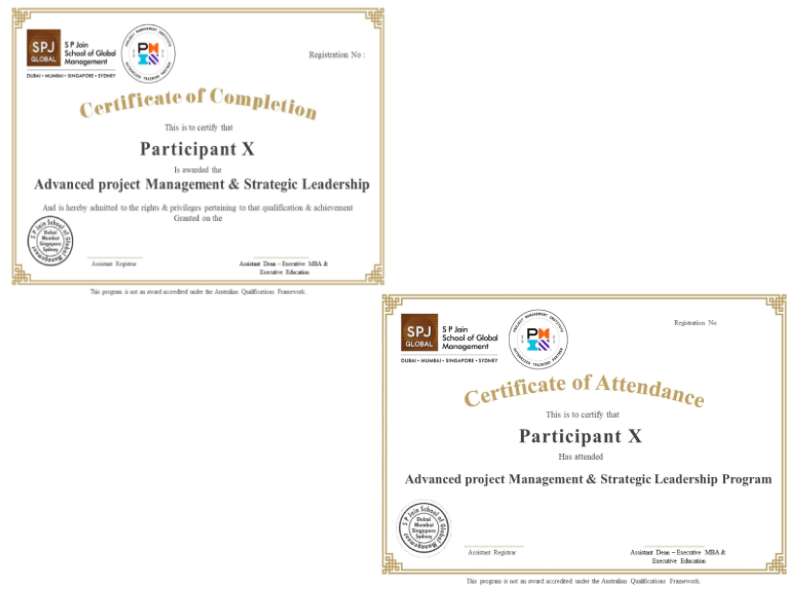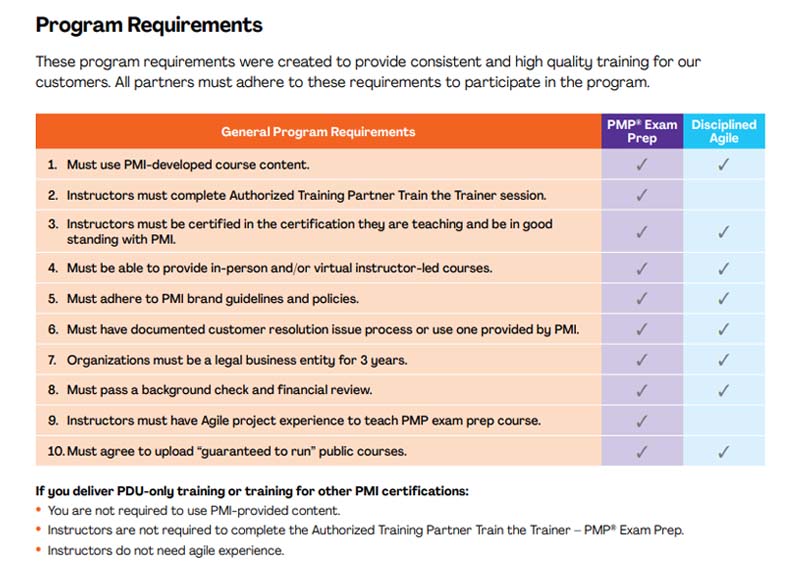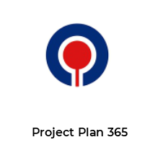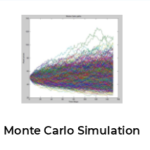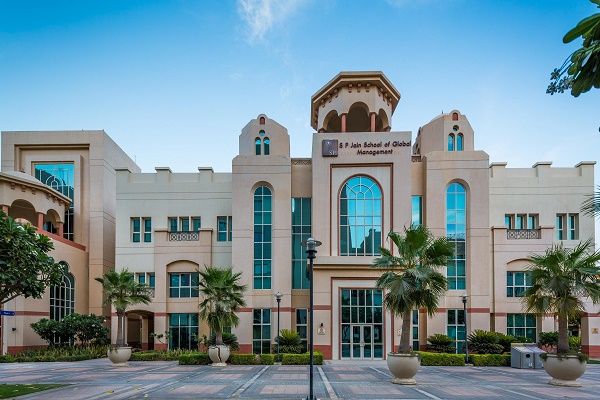Project Management a discipline that is an integral part of every organization and should be practiced by everyone. As rightly said One Size does not fit all, and one approach may not necessarily be a best practise. In this module the participants will understandthe need for Project Management Body of Knowledge, explore the relationships between project management and the greater context of organizational strategies, operations management, and portfolio and program management. They will learn the nuances of project management, the need and the vocabulary associated with it
This module covers a structured approach to the project initiation processes. Key to this approach is the linkage of the business need to the project outcomes, the analysis of project stakeholders, and their interests, the application of project selection methods, the creation of the project charter, and the development of the initial project communications plan. Together these activities form the first process of Project Integration Management, Develop the Project Charter.
Identifying requirement and define project scope and quality requirements using an various processes, tools and techniques, including Planning Scope Management, Collecting Requirements, Defining Scope, Creating the Work Breakdown Structure (WBS) and Planning Quality Management.
Define all the project activities required; estimate the resources required; create a time-phased budget; develop a schedule; and acquire, develop & manage a project team. You will learn how all these processes interact with one another over the course of the project life cycle.
Identifying and analysing risk and developing risk response plans using qualitative and quantitative approach. Procurement management planning involves acquiring goods and services from outside organizations and developing an approach to how the work of those organization’s efforts integrate into the project endeavor.
A critical step towards improving outcomes and maximizing return on investment is understanding a Request for Proposal (RFP). An RFPis widely considered the cornerstone for a big-ticket purchase by companies, governments and other organizations. Countless organizations engage in the RFP process, which enables buyers to compare features, functionality, and price across potential vendors. You will learn the process and steps to understanding the RFP Process. Learn how the involvement of key stakeholders in selection and response scoring, ensuring that their needs and interests are considered.
In this module you will identify, develop and work in a kaizen and collaborative environment.Developing, leading and managing successful teams is a critical part of project management. You will explore the theories of leadership as it relates to the formation and management of teams. You will work within teams and learn how to create goals, measure success, inspire team members and sustain engaging and effective teams.
This module exposes to the challenges of leading a project team. You will explore a multitude of personal and interpersonal skills as well as team motivation theory and strategy, and the all-important topic of how to create highly motivated self-managing project teams.
Monitoring and controlling processes beginning with project initiation and carrying on to project closure for all knowledge areas. Knowledge of Earned Value Techniques, developing balance score card and monitor the project success and plan for controlling projects.
The processes and activities involved in closing the project and handing over the project, pre-commissioning, commissioning, hand-over to client, financial, contract, and administrative closure. This module introduces the Agile concepts from the Agile Project Management Institute (PMI), Project Management Body of Knowledge (PMBOK), using the Scrum and Kanban framework as examples.
Current business trends demand that practitioners of Project Manager be adept at running both predictive and adaptive projects. An overview of the: Agile mind-set; tools & techniques; its applicability in real world scenarios; and hands-on experience with several of the popular techniques.
Change Management is and the source of change as a result of strategic agility in the business environment. Assessing an organization’s readiness for change will be outlined. Change as a strategy is emphasized, highlighting common models of change, the change life cycle framework, and planning and executing change in an Organizational Project Management (OPM) environment.
Building upon our understanding of creating, leading and motivating effective teams, you will learn the art and science of decision-making and negotiation. Understanding the motivations behind decisions, the impact of politics and how to influence complex relationships will be discussed. In addition, the identification and building of relationships with different stakeholder groups, how to negotiate and build consensus and trust will be explored. You will identify the development of strategies to negotiate successful outcomes in a project environment.
One on One mentoring for AOP with the participant, engaging participant to participate in critical thinking and the way forward for self and organization growth.
Program Fees
spjainglobal@executiveprogrammes.com
